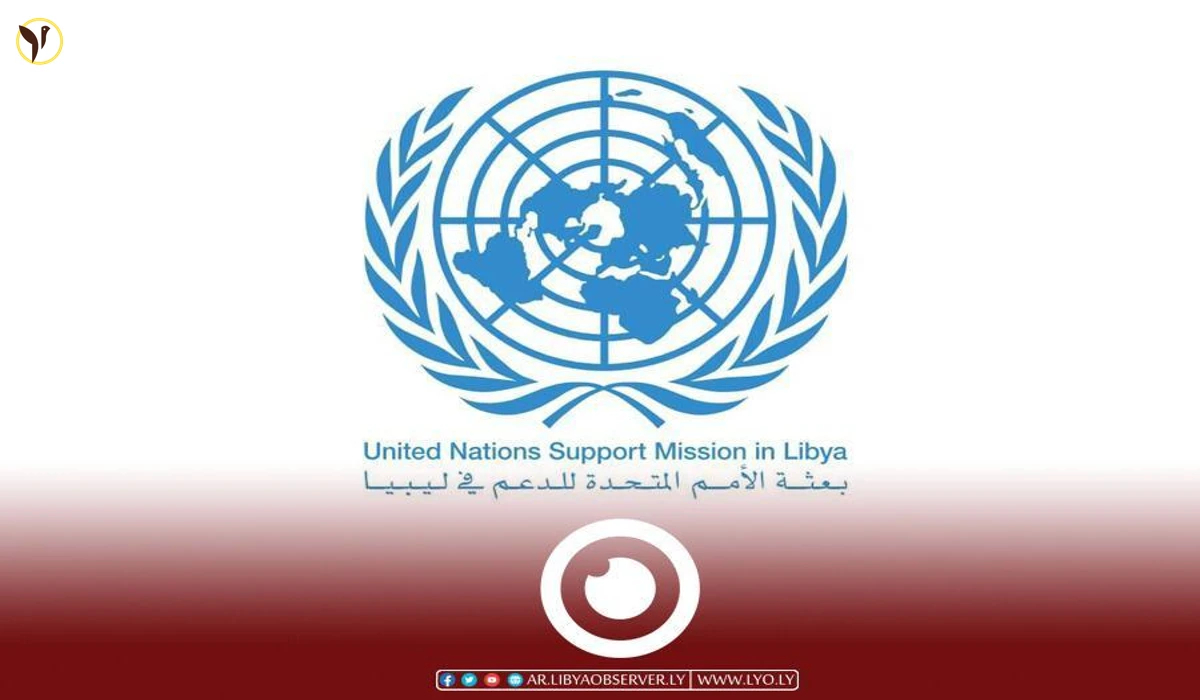Tripoli's Tumultuous Days: Clashes and a City Under Siege
Gunfire echoed through the streets of Tripoli, Libya's capital, this week, as intense clashes between rival militias plunged the city into chaos. The violence, sparked by the killing of a prominent militia leader, has left civilians fearing for their lives and raised serious concerns about the potential for a wider conflict.
The Escalating Violence
The fighting began late Monday after the death of Abdulghani Kikli, also known as Ghaniwa, a major militia chief. While a ceasefire was briefly declared Tuesday morning, the lull was short-lived, and heavy battles erupted overnight, rocking various districts across the city. Videos circulating online showed the chaos, with gunshots ringing out and buildings under fire. Reuters verified the location of several videos as Tripoli based on matching landmarks with satellite imagery.
- The Key Players: The main fighting appears to be between the Dbeibah-aligned 444 Brigade and the Special Deterrence Force (Rada), a major Tripoli faction not allied with Prime Minister Abdulhamid al-Dbeibah.
- Power Play?: Some analysts believe that the clashes could consolidate Dbeibah's power, particularly as his forces have recently gained territory. However, this is a risky game; prolonged fighting in Tripoli risks drawing in other factions, potentially igniting a larger conflict.
- International Response: The United Nations Support Mission in Libya (UNSMIL) has strongly condemned the violence, calling for an immediate ceasefire and the creation of safe corridors to evacuate civilians. They also reminded all parties of their obligations under international humanitarian law, warning that targeting civilians could constitute war crimes.
Egypt, a key player in Libyan affairs, has also expressed grave concern, urging all Libyan factions to prioritize national interests and end the fighting immediately. The Egyptian government has also issued safety guidelines to its citizens in Libya.
A City Under Pressure
The impact on civilians has been devastating. Reports indicate civilian casualties and widespread damage to residential buildings, commercial properties, and civilian vehicles. Tripoli's Mitiga Airport was temporarily shut down, and schools and the university were closed. Even after the Ministry of Defence announced a ceasefire on Wednesday morning, the situation remains extremely tense and volatile.
The recent unrest highlights the fragility of peace in Libya, a country still struggling to stabilize following the 2011 overthrow of Muammar Gaddafi. The country's division into rival eastern and western factions, exacerbated by foreign interference, continues to fuel instability. The current fighting serves as a stark reminder of the ongoing challenges faced by Libya and the devastating consequences for its people.
A Deeper Look: The Human Cost
Beyond the immediate violence, the crisis in Tripoli underscores the plight of migrants caught in the crossfire. Many migrants, fleeing conflict and poverty in their home countries, find themselves trapped in Libya, facing detention, abuse, and the constant threat of violence. Their harrowing experiences highlight the systemic issues at play and the urgent need for international action to address the humanitarian crisis unfolding in Libya.
The ongoing situation calls for increased humanitarian aid, a robust peacekeeping effort, and concerted international diplomacy to promote peaceful resolution and prevent further escalation.
Conclusion: A Fragile Peace
The recent violence in Tripoli serves as a stark reminder of Libya’s ongoing fragility. The fighting between rival militias, the precarious power dynamics, and the humanitarian crisis affecting both Libyans and migrants trapped in the country all point to a complex and volatile situation that requires urgent attention from the international community. The need for a lasting peace, a stable government, and the protection of innocent civilians is paramount, for only then can Libya hope to overcome its tumultuous past and build a brighter future.









